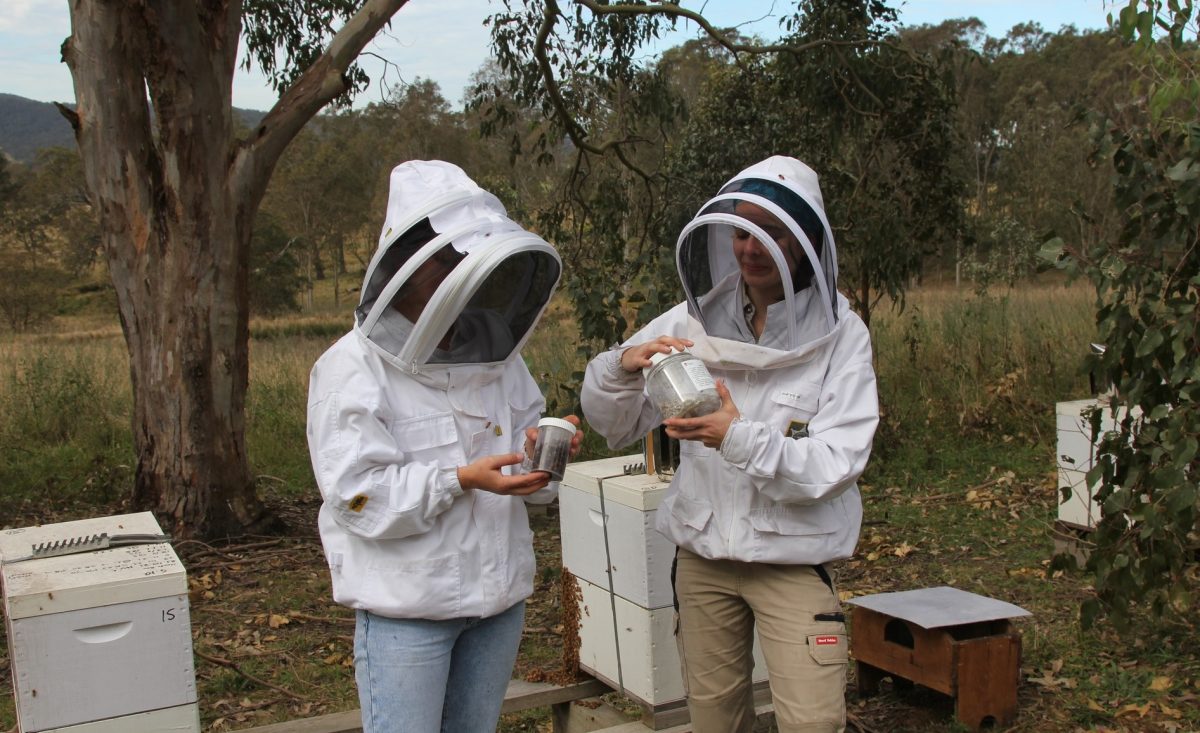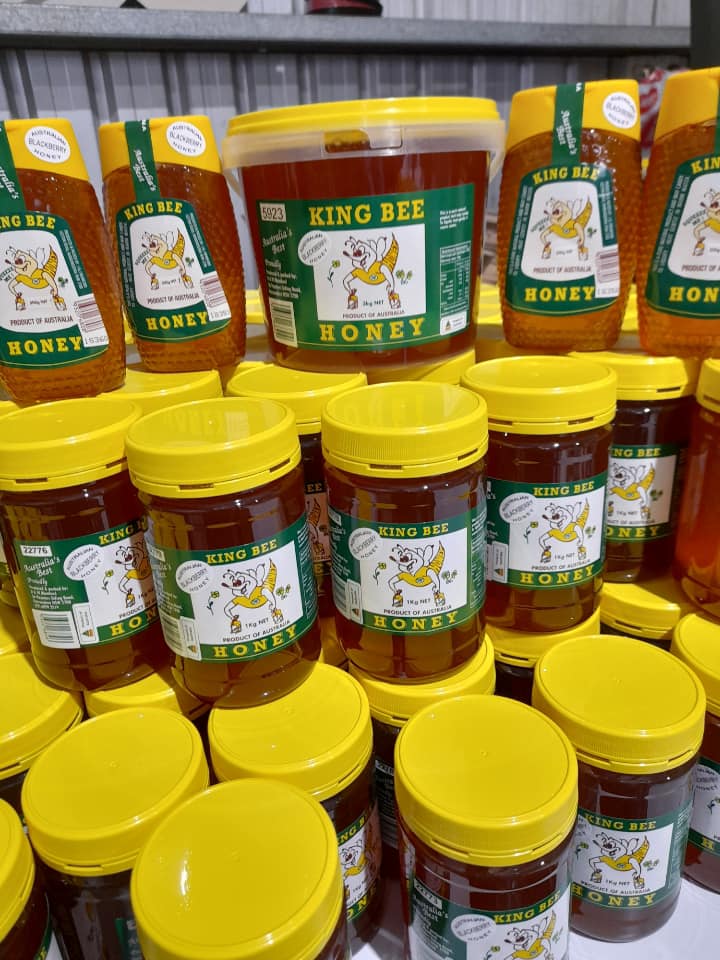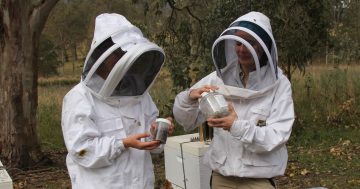
NSW DPI is reminding beekeepers of mandatory surveillance measures to help eradicate varroa mite. Photo: NSW DPI Biosecurity, Facebook.
Beekeeper Dave Mumford from Narrandera’s King Bee Honey is heading towards retirement after 45 years and he’s worried about the future.
“The industry has taken a turn for the worse with operators not doing the right thing,” he says.
“It’s a hard thing to say, but we’re an industry that’s begging for regulation to clean it up.”
Dave says the recent varroa mite biosecurity emergency has highlighted a lack of regulation and he would like to see the Department of Primary Industries (DPI) given more power to ensure safe practices.
“It’s like speeding on the freeway. If you do the right thing, you’ve got nothing to worry about and you don’t feel sorry for the bloke who overtakes you getting caught,” he explains.
“Take this varroa, if someone doesn’t do their job properly and shifts hives from the Newcastle area out to here and they have varroa, they’re going to impact me.”
The varroa mite was detected in sentinel hives near the Port of Newcastle in June and the DPI’s Emergency Response Coordinator Chris Anderson said the beekeeping community had supported the mandatory surveillance measures introduced last year.
“Surveillance is a critical part of the effort required to achieve the goal of eradicating the mite and we need beekeepers to work with us to establish the base of data needed to maintain confidence in containment,” he said.
“The requirement for beekeepers to carry out alcohol wash surveillance on their hives at least three times a year, no more than 16 weeks apart was introduced alongside other measures that provided more flexibility for essential beekeeping operations to continue.”
He said that since the measure was introduced in September, all beekeepers should have completed the alcohol wash process at least once by mid-January.
“It is the responsibility of beekeepers to ensure they are aware of and are meeting their requirements under the emergency order as non-compliance can result in significant penalties and fines.”

King Bee Honey has been operating in Narrandera for decades. Photo: King Bee Honey.
Dave says it’s the first time in five decades he’s ever had to conduct alcohol washes on his hives.
While the process of removing several hundred bees and submerging them in alcohol to dislodge any potential parasites is time-consuming, it’s better than the alternative.
“It takes a couple of hours per load,” he explains.
“But if it keeps them clear of varroa it’s good and the farmers will be very happy.”
Dave says that while veteran beekeepers understand what it takes to manage their hives, the rise of smaller operators and the boom in backyard apiaries are putting them at risk.
“I understand why people want them, but bees take a lot of looking after,” he says.
“If they want to get into it then learn first and don’t just have a hive in the backyard. I’ve seen a lot of hives that have sat there for years and haven’t been attended to and that’s worse than anything else that anyone else is doing.
“They’re better off letting beekeepers be beekeepers and they just buy the honey and enjoy it.”
It is estimated that there are more than 380,000 registered hives in NSW.
You can find more information about the varroa mite response here.








